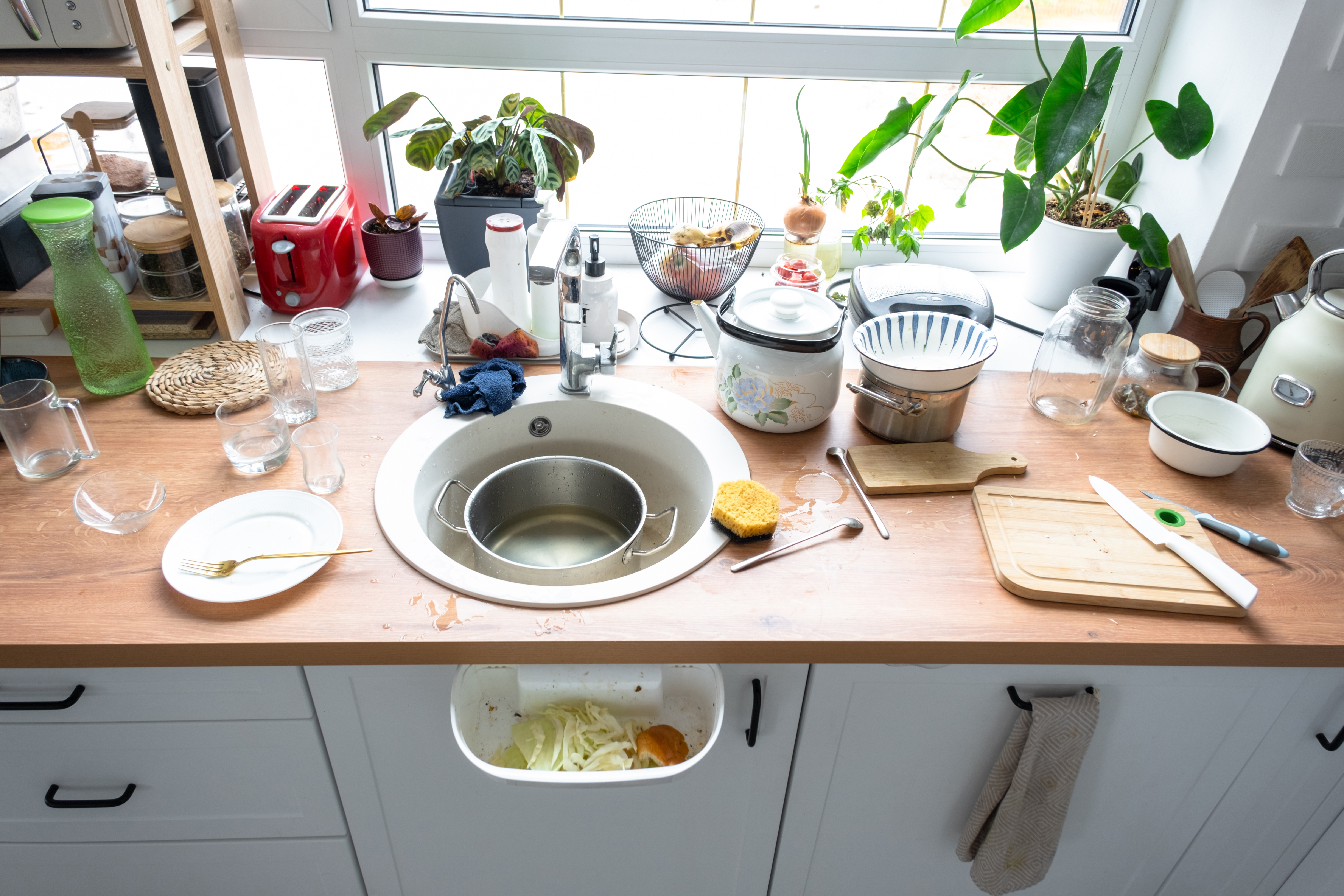10 Clever Techniques to Master a Roach-Free Kitchen
The kitchen, often considered the heart of the home, is a place where meals are crafted and memories are made. Yet, lurking in the shadows of these culinary sanctuaries is a common and unwelcome intruder: the cockroach. These resilient pests are not just a nuisance; they carry diseases and allergens that can compromise the health of your household. Understanding the importance of maintaining a roach-free kitchen is crucial for both hygiene and peace of mind. This article will guide you through 10 clever techniques to ensure your kitchen remains a bastion against these persistent invaders. The journey to a roach-free kitchen begins with awareness and a proactive mindset. Cockroaches are highly adaptable creatures, thriving in environments where food, water, and shelter are readily available. They are nocturnal by nature, making them difficult to detect until an infestation is well underway. Thus, it is imperative to adopt preventive measures and be vigilant in your approach.
1. Sealing Entry Points: The First Line of Defense

One of the most effective strategies in keeping your kitchen roach-free is to seal potential entry points. Cockroaches are adept at squeezing through the tiniest of gaps, often exploiting cracks in walls, gaps around windows, and spaces under doors. Conducting a thorough inspection of your kitchen can reveal these vulnerabilities. Pay particular attention to areas where utilities enter the home, such as plumbing and electrical outlets, as these are common entry points for roaches. Once identified, these gaps can be sealed using caulk or weather stripping. For larger openings, steel wool can be an effective deterrent, as cockroaches are unable to chew through it. This physical barrier not only prevents roaches from entering but also helps in maintaining energy efficiency by sealing drafts. Regular maintenance and re-sealing of these areas are necessary, as homes naturally shift and settle over time, potentially creating new entryways. By fortifying your kitchen against these initial invasions, you significantly reduce the likelihood of a roach infestation taking hold.
2. Declutter and Organize: Reducing Hiding Spots

A cluttered kitchen provides the perfect hideaway for cockroaches. These pests thrive in environments where they can easily hide and remain undetected. Therefore, decluttering and organizing your kitchen is a vital step in maintaining a roach-free space. Start by assessing your kitchen cabinets and countertops, removing unnecessary items that could serve as potential hiding spots. This not only makes your kitchen more functional but also less inviting to roaches. Consider implementing a regular cleaning schedule that includes wiping down surfaces, organizing pantry items, and rotating food supplies to ensure nothing is left forgotten at the back of a shelf. Clear storage containers are particularly useful, as they not only keep food fresh but also allow you to easily monitor for any signs of pests. Additionally, reducing clutter on countertops and inside cabinets minimizes the number of places roaches can hide, making it easier to spot them early. An organized kitchen is not only aesthetically pleasing but also a formidable deterrent to cockroaches seeking refuge.
